#cassian meta
Explore tagged Tumblr posts
Text
The horror of Motherhood in ACOTAR

The title Mother is soaked in blood.
Basically all the mothers we see are either dead or suffering, yeah? The act of being a mother, chosen or not, almost always leads to violence or suffering. There's an element of sacrifice to it, yes, but rarely is made willingly. Often these women are simply collateral to the desires and goals of the men around them. Cassian's mother, raped and worked to death, forced to carry a child she did not want, then forced to give him up by the men who inflicted him upon her. The Lady of Autumn, forced to carry son after son after son, for a man she never wanted to touch, bound to the birthing bed for as long as Beron willed it. The Lady of Night, tortured, beheaded, mutilated, her pride and joy taken as trophies to hang in the halls over her murderers, for the crime being at the right place, at the wrong time. There's a real sense of horror and violence embued into the role of mother, in acotar, and none escape it, not even Feyre.
All of this is compounded by the fact that textually, they are remembered almost exclusively by their suffering. None of them are given names, or speaking lines or any influence over their children beyond the second hand trauma they passed down. They are vectors of pain and grief. Motherhood is not beautiful in ACOTAR, it's an act of violence against the women it happens to.
I don't think this was an intended pattern but I can't help but notice it in the way the characters defined by their motherhood are treated.
#the themes surrounding women in these books are so .... something#cw blood#cw sexism#cw violence#art#cw gendered violence#cw nudity#Cassian's mother#Rhysand's mother#lady of autumn#Lady of Night#LoA#OCs#Livinia Vanserra#Eira of Illyria#acotar meta#acotar fanart
191 notes
·
View notes
Text





rebelcaptain week | day one: rebel
for today's prompt (significant moments/rebel) I decided to use newton's third law of motion to highlight two things: 1. how jyn and cassian are radicalized by how fascism and imperialism impacts them personally; and 2. how jyn and cassian's actions spark reactions in the other.
#cassian andor#jyn erso#rogue one#star wars andor#edits**#andor series#star wars#swedit#swcreators#rebelcaptainweek#swcreations#pscentral#cassianandoredit#jynersoedit#rogueoneedit#andoredit#im not fully happy with this but i have other things to do and ive been working on this nonstop so it has to end lmao#anyway i wanted to include baby cass and jyn to further flesh out the way that the empire's actions pushed them to react#but again - i have obligations so#anyway this is the 8th rebelcaptain week thats wild#i may write some meta to go with this this week but lol#lots of things to do#far more important things tbh
235 notes
·
View notes
Text
What Makes Feyre’s Pregnancy Plotline in A Court of Silver Flames so Upsetting?
The answer is that the events and outcome concerning Feyre’s pregnancy speak to a fear of one’s loss of autonomy, specifically one’s reproductive autonomy. Furthermore, this plotline demonstrates Maas' consistent prioritization of her male characters at the expense of her female characters. Multiple factors make this subplot feel particularly uncomfortable and upsetting, but I can condense them into three main points that converge to create one frustrating scenario.
1. Rhysand and the Question of Choice
From ACOMAF onwards, the reader is made aware of Rhysand’s unusually progressive politics and his attention to the autonomous choices of women. This is demonstrated through his selection of counsel, appointing Mor and Amren in roles of authority, and eventually crowing Feyre as High Lady of the Night Court. In addition to this, we are shown his emphasis on choice through his interactions with Feyre. Rhysand repeatedly reminds Feyre that she can choose, that she can make an autonomous decision that he will respect. So, it is these positive features of Rhysand that make the pregnancy subplot of ACOSF so disturbing.
He, and the Inner Circle by extension, purposefully omit the information that Feyre’s pregnancy will turn deadly and never volunteer the information to her. During Cassian’s meeting with Rhysand and Amren, we are shown their thought process behind withholding information from Nesta (and Feyre by extension) According to Amren, it is not lying because they are technically not telling lies in the traditional sense, only withholding information.

While this is about Nesta, the reader can see the parallels between both cases. The choice to lie by omission reveals that both Amren and Rhysand are aware of the dishonesty of their actions, choosing to mitigate it slightly on a technicality. It feels distinctly like a loophole in Rhysand’s previous promises to Feyre, making this act feel more deceitful while demonstrating Rhysand’s willingness to undermine Feyre’s authority as High Lady. If Rhysand had a condition or illness that would eventually kill him, informing him of it would be certain, you wouldn’t even consider the possibility of not telling him. However, because Feyre is pregnant, she is not afforded the same autonomy.

Wanting to keep Feyre in blissful ignorance is not a sufficient reason, especially when Feyre is still of sound mind and can advocate for herself. Rhysand’s reasoning sounds noble, but in reality, it is just benevolent sexism. It doesn’t matter if he thinks it will cause Feyre stress, she NEEDS to be aware of what’s going on and the fact that the news will ruin her peaceful pregnancy is of little consequence when her life is on the line. Rhysand prioritizes his feelings and implicitly gives himself executive authority over Feyre’s pregnancy, demonstrating his disregard for her autonomy and choices. This action directly contradicts the progressive beliefs Rhysand stated in previous books and is a betrayal for the reader as well as Feyre.
2. The Infantilization of Feyre
The omission of this critical information, good intentions or not, is based on a belief that Feyre would not be competent enough to handle such a pressing situation in her pregnant state. Amren claims that the stress and fear could have physically harmed Feyre, but such a claim assumes that Feyre would not have the fortitude or ability to handle the situation.

Amren's explanation demonstrates a belief that Feyre's input on the matter would be irrelevant and pointless because it prevents Feyre from offering any. It is a plan that assumes Feyre will not be able to add anything meaningful to the solution and that it would be less harmful to her if she was kept out of it. This is infantilizing and paternalistic because Feyre has proven herself to be capable of coping under pressure and happens to be an unprecedented magical anomaly. Feyre’s access to pertinent medical information should not be revoked and it is insane that Madja her physician, actively misleads her with Rhysand’s consent.
This infantilization of a pregnant character echoes how pregnant women have been infantilized throughout history. It is a terrifying thought to imagine that your bodily autonomy could be stripped from you in the name of serving your supposed best interest. Rosemary’s Baby is one of the most famous horror movies of all time and it explores this exact topic, the same is true for the short story The Yellow Wallpaper, both stories capture the horror of reproductive/medical abuse that still happens to women today.
3. The Aftermath & Prioritizing Male Rage
Lastly, one of the most disturbing elements of this subplot is the way the text consistently prioritizes and coddles the violent rage of male characters at the expense of female characters. This is on full display when Rhysand flies into an intense rage after Nesta reveals the truth to Feyre. Although Nesta can be faulted for her harsh phrasing, let it be known that even Feyre felt that she did the right thing and was expressing her anger at the paternalistic and unjust practices of the Inner Circle. However, Nesta is still subjected to severe physical and emotional punishment in the form of a grueling hike where she is left to stew in her guilt and suicidal ideation despite Feyre ultimately not faulting her.
Feyre admits that Rhysand “majorly overreacted” and that she wanted Nesta back in Velaris. And yet, Nesta is still punished. But why? Will Rhysand or any of the Inner Circle be punished for betraying Feyre? Why, if Feyre agreed that Nesta was right to tell her, would she ever need to be subjected to a severe punishment when she was justified in what she did?

This is a particularly telling detail that compels me to ask: is this punishment about Feyre’s feelings or Rhysand’s? Why is it that Rhysand’s “overreaction” needs to be assuaged by punishing Nesta? What I observe from this passage is the characters prioritizing the feelings of a male character and placating him with the suffering of a female character, even when he wasn’t the one who was hurt in that situation. Feyre asks Cassian to tell Rhysand that the hike will be Nesta's punishment as though it isn't truly a punishment, but it undoubtedly is.
Throughout the hike, Nesta is in a silent spiral of guilt and self-hatred, Cassian never tells her that Feyre is alright and that Rhysand overreacted, letting her dwell in it alone. He hardly speaks to her, he pushes her to the point of exhaustion and is somehow surprised that Nesta shows signs of suicidal ideation.

This isn't constructive at all, it is not evidence that Cassian cares about Nesta's well-being, and the scenes of Nesta internally repeating that she deserves to die and that everyone hates her are nothing but gratuitous and disgustingly self-indulgent. The text basks in Nesta's suffering, even when she was in the right and this hike only happened to placate Rhysand who wronged Feyre in the first place.

Hindsight am I right? Fuck off. A more productive resolution to this matter would be for Feyre and Nesta to talk it out ALONE. Feyre could express her feelings to Nesta directly and they could find a solution together, that way Feyre’s situation could be centered on the two sisters working together. Cassian can see that Feyre is alright, she’s obviously upset, but she didn’t crumble like he expected and that makes it completely baffling that he would punish Nesta anyway. It’s a solution that prioritizes his and Rhysand’s feelings as opposed to Feyre’s, making it not about a perceived transgression against Feyre, but against Rhysand.
In Conclusion
This topic has already been discussed at length by many people in the fandom, but it is a topic that still stays on my mind with how upsetting it is. It is a stunning example of the misogynistic undertones in Sarah J Maas’s writing and makes reading a very straining experience due to her obvious bias towards certain male characters. Not even her main character matters when Rhysand is factored into the situation, his emotions are always centred by other characters and is permitted to betray his wife and get off scot free.
Feyre’s reproductive autonomy is violated, and Maas doesn’t bat an eye. But when Nesta rightfully reveals the truth to Feyre, everyone loses their mind. Both Nesta and Feyre have their autonomy stripped away from the, by way of the Inner Circle’s paternalism, and when Nesta advocates for herself and Feyre, she is punished severely. Being put in her place as the hierarchy is strengthened.
#a court of silver flames#acotar#nesta archeron#acotar meta#feyre archeron#amren#rhysand critical#rhysand#cassian#sarah j maas#acosf meta#anti nessian#close reading#acotar analysis#anti sarah j maas#anti sjm#anti inner circle
254 notes
·
View notes
Text
Cassian’s kitchen, Space Brownies and lying (badly)
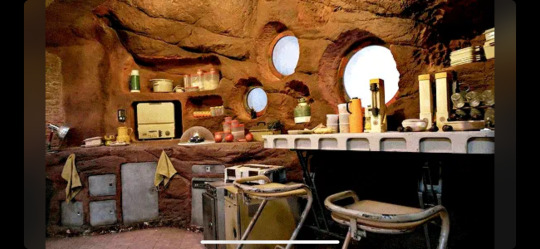

In episode 2, Cassian comes home to a really awkward atmosphere - Maarva knows that he’s fucked up somehow because she’s seen the PreMor “wanted !” bulletin, but he doesn’t know that she knows … and she maintains a frosty silence to see if he will be honest with her. He isn’t. But sensing that something is up, Cassian heads into the kitchen and grabs something to eat. In the snippet below Diego Luna explains the influence for this idea.

Thanks to the 4K BTS features, we can see the Andors’ kitchen in glorious detail. I think that what Cassian might be eating is whatever is under the cake dome. Looks suspiciously like brownies to me. Something chocolatey and tempting anyway. Makes lying so much easier when you can self-medicate with one of these delicious morsels. 
Space Brownies ™. (May contain pistachios.) Perfect for munching on while lying (badly) to a parent. Now I want to bake them.
More on Cassian’s lying below…
I think it’s so ironic and genuinely funny that Cassian and Brasso go to all that trouble of constructing a really fantastic alibi, only for Cassian to kind of abandon it. For a man who becomes such a good liar by the time of Rogue One he really is pretty hopeless at it in these early episodes, at least with people close to him.
The reasons why are interesting though. His first chance to use the alibi is with Bix. But she knows him far too well and he knows that she knows him far too well - so he doesn’t even try to lie well. He wants something from her and just wants to get straight to that . When she asks what happened to him, he simply says “I fell”, and they both know it’s lame bullshit. She’s wryly amused and he simply doesn’t care. And she gets the great “On what - a jealous husband?” burn and he doesn’t care about that either. Bix is used to him lying and he’s used to her doing him a favour no matter how he behaves. He takes her for granted and is genuinely disrespectful on occasion. 
But with Maarva - who also knows him really well - he has genuine respect, and a fear. He really wants her to be proud of him. He kind of starts with the Brasso lie: “ I ran into Brasso last night. We had plenty to talk about…”. But all he gets back is the tight-lipped “Hmm, sounds fascinating!” and “You’ve been busy!” and a squeak from B2EMO that lets him know Maarva has given the droid an instruction to stay quiet. So Cassian can 100% tell that she’s onto him in some way but keeps going with the lies in the hope of getting out of this. And re the wound on his cheek?… “Oh this!” (gives a hilariously awkward little chuckle) “… I was helping Pegla and I tripped on a cable”.
What’s really interesting here? He changes the lie completely - to describe a situation where he was being altruistic and helpful. He wants to make her proud of him. 
This is how Andor does its storytelling so brilliantly. Tiny little details like this that give away so much about Cassian and his relationships. And the other main characters too. It’s why I lose patience with people who describe the opening 2 episodes as boring or slow. Like Cassian and the space brownies, we are eating something rich and tasty.
#andor#cassian andor#brasso#maarva andor#bix caleen#star wars andor#diego luna#tony gilroy#bts#analysis#meta
67 notes
·
View notes
Text
I love Rogue One and I support the idea of Jyn and Cassian being in love on a purely conceptual basis (as in, I think they’re a good match), but I don’t on a story basis.
Jyn and Cassian definitely trusted each other deeply by the end of the movie. As they died, they found comfort in one another and the fact that they loved each other—because I think they did definitely love each other. But they weren’t in love, because they didn’t have the time for that. It’s part of what makes the end of Rogue One so devastating: they are providing others with hope by putting themselves on a path of hopelessness; giving the galaxy a future by sacrificing their own.
Jyn and Cassian may have had a future where they fell in love and stood by each other’s sides, where they had adventures and quiet moments together, but they gave up that opportunity so that others would be able to have futures of their own. The Death Star firing on the planet didn’t only kill them, it destroyed the things that might have been. And, I think, as Jyn and Cassian watch the wave of destruction roll toward them, they’re aware of that; they’re considering all of the things that will never be, and they’re mourning them; mourning themselves and each other and what they might have been together.
Jyn Erso and Cassian Andor might have been in love, someday, but they weren’t, because they didn’t have the chance.
That, to me, is so horrifically tragic: a doomed love story, not the kind where love leads to death or despair, but the kind where death and despair prevent the love from blooming.
#jyn erso#cassian#andor#star wars#rogue one#star wars fandom#star wars meta#sw meta#meta ramblings#jyn x cassian#cassian andor#jyn#doomed love#tragedy
263 notes
·
View notes
Text
the thing about melshian is that melshi comes across as a very serious, loyal, devoted person who sets his eye on something he wants and does anything he can to get it — unless he knows for sure that he can't. he needs confirmation, or hope, that what he wants is achievable, otherwise he won't even try. hence how he's so adamant to tell cassian that there's no hope of escaping. he's 100% sure there's no point in thinking about it, so he wants to make sure no one else is wasting their time with it. and then this changes when cassian flips the whole operation round on its head and shows him that there IS a way out, there IS a reason to hope. and then melshi shows no hesitation in helping with the escape plan and fighting his way out. he seems to me like someone with quite a one track mind, stubborn but sensible. and then cassian is flighty like this is a core aspect of his character. he doesn't stay in one place, he doesn't stay in one relationship, he's not good at vulnerability, and up until the narkina 5 arc he has run away from every sign that the rebellion IS right and IS his calling and IS the only way to be free. he is deeply loyal to a few select people, but even in those dynamics he finds it hard to commit, and he certainly can't commit to a cause at the beginning of the show. narkina is the first time we see him step up to the mantle, take the reins and fight not only for his own freedom, but for the freedom of everyone around him. before, the acts of rebellion he's taken have been selfishly motivated but also out of loyalty to at least one person: avenging clem as a teenager, and getting money and clearing his name to protect himself and maarva. one could argue that there was still selfish motivations in stirring revolt at narkina, because he wanted to be free and knew that the only way for him to get out would be to take everyone else with him, but i think any potential selfish motivation went out the window when he realised how much he'd need all the help he could get. and it showed that he can be a team player and can be a leader - or at least a stepping stone for other leaders to function and progress the cause.
and who is by his side as he steps into this role? melshi. even with the little glimpse we get into melshi as a man, it's apparent how well they complement each other. the wordless conversations they have, the way cassian's conversations with kino reveal so much about melshi's ideology and the way he expresses himself and what he shares with cassian, it all points to a man of ideals, someone who refuses to conform and maintains his pride and takes shit from no oppressive system. he's untethered because we get no insight into his life outside of narkina, but we understand the level of dedication he shows to the things he cares about, and how he's obviously already fired up and ready to rebel since long before cassian showed up, he just needed a spark. as duncan pow put it, he was waiting for someone like cassian to show up, to show him that someone else does think like him, someone else is not going to stand for how narkina 5 treats them, and that someone is giving melshi permission to stand up. he's sort of the perfect foil for cassian if you think about it. and i do think about it.
and it culminates in the scene on the cliff face: "stop saying that" becomes "tell me they're leaving". if melshi is the no bullshit, won't waste his time on idealism if he doesn't think it's achievable, probably the least optimistic guy but definitely the most headstrong and stubborn, than of course he'd find cassian's constant "they're leaving" at the very least annoying, because he's convinced himself they're going to get caught and he's not going to be able to climb back up. but there's something kind of idealistic about cassian, how he's fundamentally pragmatic but also optimistic, something that's established in the scene where he tells maarva he has enough money for them to "get away". and the loyalty we've only ever seen him show to his family and closest friends on ferrix now extends to his fellow rebel and escapee and manifests as giving hope, and that rubs off on melshi, because how can it not? it actually makes a difference, hearing cassian say they're leaving, even if they're not. it's the hope that counts, and it's the fact that he has someone there as constant reassurance. a constant reminder that he's not in this alone and he no longer needs to hide behind his own rationalisation and pessimism to survive. there really is hope, and cassian is a walking reminder of it.
and to think that they reunite in the rebellion a little way down the line, and die on the same day for the same cause, and it all started in a slave revolt and a prison break and one man giving another man hope. it's a beautiful and underrated dynamic, i think.
#post i started drafting in august and just finished now.... yeah theyre on my mind always. what about it.#melshian#cassian andor#ruescott melshi#andor#I ❤️ UNNECESSARILY LONG META ABOUT A SIDE CHARACTER 50 PEOPLE CARE ABOUT
47 notes
·
View notes
Text
Class Warfare + Class Traitors in ACoTaR
maybe I'd be less annoyed and irritated by how SJM writes poverty if she didn't try to make some kind of Point w Tamlins tithe (literally JUST taxes and those aren't inherently bad ffs) and then show Rhys and Co enact violent means of Class Warfare across the NC and in VELARIS
and oh I dunno use systemic oppression and poverty as an aesthetic to make Feyres life seem that sad and pathetic and then have her turn around and become a class traitor
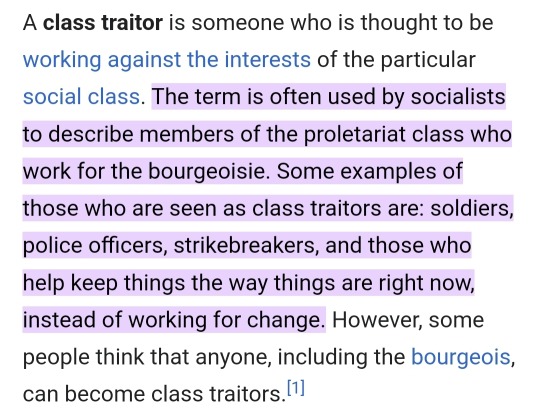
I cannot express how distressing it is reading about this girl, who grew up poor as dirt and being slowly starved via poverty, living in 5 houses, being complicit in the systemic oppression of Illyrian women and being complicit in demolishing apartment buildings, displacing more people to... build a refuge center for people already displaced...?
Cassian and Feyre are class traitors and it's a fucking shame. they both were put in a position to push back against the established government for change and Rhys is pussyfooting around keeping the male Illyrian in check and destroying people's homes and both Cassian and Feyre are not only not pushing back against it, they are complicit
yall say its not that deep but as someone who is one bad paycheck away from being homeless at all times, it's horrifying watching public officials and members of the government strip civilians of their HOMES while having FIVE homes themselves
say what you want about Nesta "deserving it" or whatever, but the fact that the IC just displaced multiple people from their HOMES all for the sake of putting one girl in her place? disgusting
it's Class Warfare and quite frankly, a white middle-class woman writing it makes it even worse. the callous way it is written is written by a woman who has never struggled with money a day in her life and she only views struggle and poverty as an Aesthetic for her books to give her main character extra spice
sorry I don't like seeing politicians putting their boots on civilians' necks. even if one of the civilians is the high lords embarrassing sister in law
@feynessupremacy @bookishfeylin
#a court of thorns and roses#acotar#sjm critical#anti rhysand#anti feyre archeron#anti cassian#anti inner circle#classism in acotar#acotar meta
212 notes
·
View notes
Note
https://www.tumblr.com/astrababyy/738088417973420032/one-thing-i-really-liked-about-feyre-in-the-first
This post of your makes me wonder if SJM wasn't a onetrick pony and respected her own stories and actually wrote characters and not tropes of girlboss ™️ what would've feyre's character trajectory looked like? I'm interested to know what do you think her arc would've been?
I sometimes feel like the problem isn't even Feysand being a ship it's SJM molding Feyre (& nesta) so they are similar to their bat boy mates. Because like there's S&B with darklina being it's most popular ship. Sure it's not endgame and that's because Leigh didn't completely change Alina's whole personality to fit the darkling. Alina got to keep the characteristics that made her who she is which is what made the chemistry between the two interesting too unlike in SJM's stories where she obliterates her fmc's entire personality to fit their male li and in doing so it ruins any appeal in the "ship" itself. Feyre/Feysand and Nesta/Nessian are both examples of that.
hello, anon! i rarely ever receive asks regarding meta or characterization so thanks so much for this lol <3
as i stated in the post you linked, i do believe that feyre's natural arc would've had some sort of internal conflict regarding both her trauma from under the mountain and her being turned into a faerie. i feel that rhysand's comment about her "human heart" could've been emphasized better in the second book and would've served as an interesting contrast from rhys, her established mate in the story. their morals are vastly different from each other; how does this change their relationship? would feyre accept him for who he is? would she judge him, scorn him, try to help him?
especially in regards to the impending war, i think feyre struggling with her newfound fae instincts, being different from who she used to be, and trying to reconnect with who she used to be while accepting who she is now could've been very profound and paired well with her struggles with the trauma she faced from under the mountain.
the major issue with feyre's characterization is how she was molded to become rhysand's partner, rather than being able to fit with him naturally and seamlessly. the same issue occurs with nesta and cassian's relationship, where her character has to be altered just to fit in with the person cassian is. in feyre's case specifically, it got worse as the books went on. feyre gradually became less and less alike to her old self without a clear reason for why she was changing in that way. as i stated before, her becoming a less violent-averse person due to her faerie nature is understandable and would've been a wake-up call considering her transformation, but feyre becoming less empathetic and understanding of the plight of the lower classes, becoming so much more okay with spending money carelessly, supporting rhysand's frankly corrupt government structure, etc. are all ooc.
feyre, as a character, had a lot of potential and could've had that transition into becoming this warrior queen without losing all her morals and beliefs, becoming a vessel for the pro rhysand agenda. it's truly unfortunate that her character had to devolve in the way it did.
#sjm critical#astrababyy#feyre archeron#acotar#acotar meta#astrababyy asks#anti rhysand#anti cassian#nesta archeron#anti sjm
71 notes
·
View notes
Text
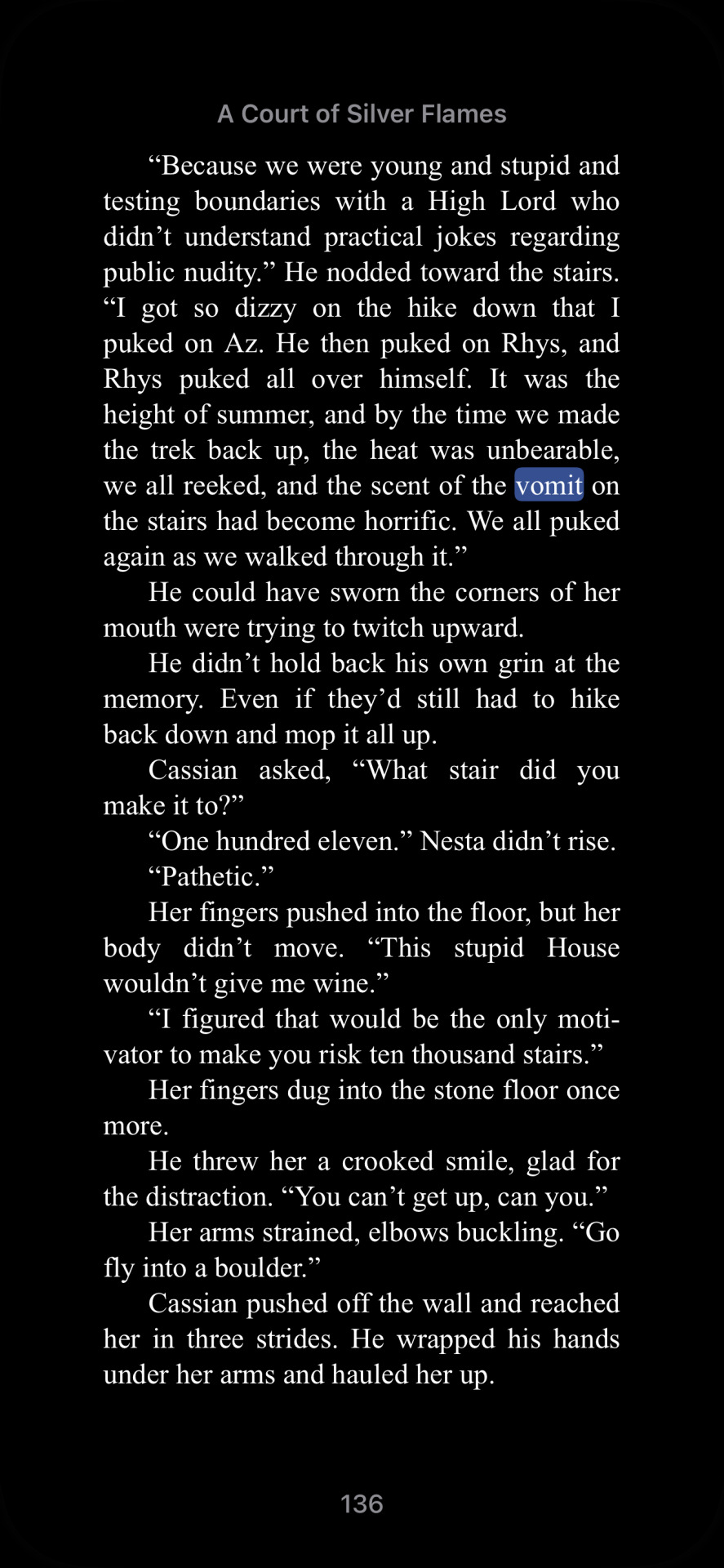
(As you can see, I searched the word 'vomit' to find this passage)
It's an evocative description, so naturally...

Gross.
Also, Merry Solstice! Days are only getting shorter from now my dears
#this was also supposed to be me practicing stairs#stairs are hard#Azriel is absolutely the most squeamish about vomit#I’m still banned on Instagram but here we are#Meta need to get on these glitches#acotar fanart#acotar art#Acotar#azriel acotar#azriel shadowsinger#cassian acotar#bat boys#rhysand#a court of thorns and roses#nesta archeron
277 notes
·
View notes
Text
So I finally watched Andor...
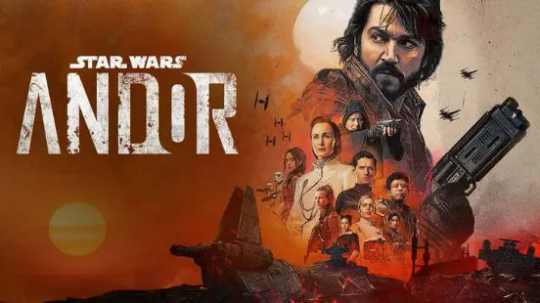
...and naturally I have thoughts (hey, it’s me). Maybe they're belated, seeing as this show was released almost two years ago, but I've been on the outskirts of the Star Wars fandom for a while now. This in and of itself isn't usual - I tend to drift between my core fandoms in phases, but since TLJ the GFFA hasn't really been a pleasant place to be so I haven't really had a reason to drift back to it for any length of time.
Which isn't to say I've avoided Star Wars altogether, dipping in when something piques my interest like Obi-Wan Kenobi (which I liked aspects of but ultimately felt like just a setup to the show I actually wanted to watch), and have absorbed some of the rest through cultural osmosis. Andor is a show I've been meaning to get to for a while, although it has been praised to the point of being overhyped (and there was a whiff of Not Like Other Star Wars to the critical reception) so I was concerned it would not meet expectations.
But I was pleasantly surprised as how much this show felt spiritually and aesthetically in tune with the original trilogy, and especially A New Hope, as opposed to Disney!Star Wars. Even if the tone and content of Andor is very different, it feels in conversation with the OT in a way the rest of Disney’s output has not - building on the story we already know, rather than trying replace or rewrite it as something else.
Aesthetically, we have the 70's vibe of the set design and costuming in middle-class Coruscant, the stark white jumpsuits and surrounds of Narkina 5 evoking Lucas's early film THX-1138, even the way we are plopped right into the middle of the story with very little exposition, but still eased into the narrative is very reminiscent of the first act of A New Hope. Thematically, of course we’re seeing the Rebellion in its earlier stages - small disparate cells of seditious activity directly acting against Imperial interests that will become the somewhat ragtag but nonetheless organised and unified Alliance.
While Star Wars was a cinema pastiche throwback to Flash Gordan serials and Campbell’s hero’s journey as an antidote to the grimdark antiheroes of the 70’s, in many ways Andor brings things back full circle to the grit of neo-noir. It holds a mirror up to the OT and lets us see the other side of the coin - and the full cost of victory. So many people have to die for Cassian to make it to the Rebellion - just like Cassian himself will die for the Death Star plans to make it to Leia, like Obi-Wan will die to ensure those plans make it to the Rebellion, and squadrons of rebel pilots will die so Luke can ultimately destroy the Death Star.
A stone is dropped in a pond, and we see the ripples but the stone itself sinks.
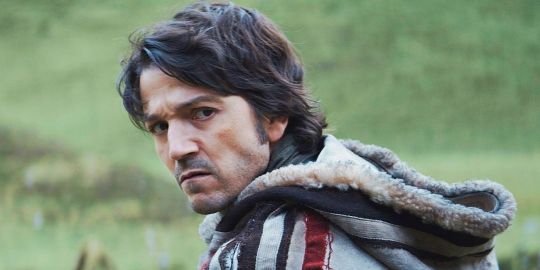
Overall thoughts
Tony Gilroy is the showrunner here, a veteran screenwriter notable for the Bourne films, and we can certainly see this influence at work. He also wrote The Devil’s Advocate, which is by no means good but I do enjoy in all its ott mythological monologues-and-accents glory, and seminal romcom (of my childhood at least) The Cutting Edge. He also wrote and directed Michael Clayton, which I have not seen but was nominated for several Oscars, including Original Screenplay, Director, and Best Picture (Tilda Swinton won for Supporting Actress).
Of course he's also a credited screenwriter on Rogue One, and I understand his contribution was mostly to the infamous rewrites/reshoots. I desperately want to read a full breakdown/bts of what went down with that film (well all of Disney-led Lucasfilm really) and see the deleted/original material, because I am fascinated. It's also interesting to note that Gilroy took over showrunning duties from Stephen Schiff pre-production. The show does very much feel like Gilroy wanted to make his own stamp on the Andor character and use him as a vehicle in his spy-thriller/political intrigue wheelhouse.
Reading some of Gilroy’s comments around the series had made me wonder how much of Andor being reflective/referential to the OT was intentional (on his part at least), and arguably Gilroy did overwrite the character of Cassian Andor so…there’s nuance. But as a story, to me it felt in tune with what I love about Star Wars rather than at odds with it, and that's what I appreciated most.
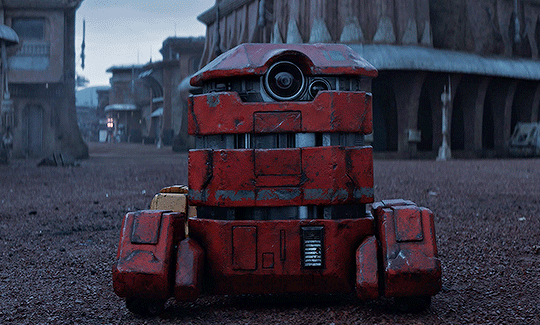
But first things first. B2EMO made it to the end! Finally, my expectations are subverted in a good way, because I love this little droid with all my heart. There are several key elements of Star Wars to me that separate it from other sci-fi/space fantasy and that is Jedi, distinctive aliens, and sentient droids. Obviously there's no Jedi here (nor does there need to be), my issues with the lack of aliens I'll address below, but when it comes to droids B2EMO fits right in, and we can assume is a precursor to Cassian's relationship with K-2SO.
Overall I thought the show was excellent (with a few caveats). What's impressive is the sheer number of characters and plots interwoven together, every conversation servicing character, the overall theme or setting something up that will pay off later, playing with coincidence and fate (the will of the Force), the interlocking domino effect. Arvel Skeen recognising the tattoo on Cassian's arm leads to a conversation of his history, but also sets up Skeen later offering to take and split the haul with Cassian (and getting killed for it). The raid on Aldhani triggers the Empire’s harsh new measures that gets Cassian sentenced to six years in prison, but also inspires the rebellion on Ferrix (via Maarva). The Aldhani heist is a triumph for Vel, but traps Mon’s financial contributions to the Rebellion by the Empire’s crackdown on banking, leading her and her daughter into an unwanted family alliance.
I'm a big proponent of Star Wars Dialogue is Good, Actually - not saying there's not clunkers or stilted scenes (the PT moreso than the OT) but there seems to be this weird consensus that Lucas-era dialogue sucks despite being some of the most quoted/referenced movies of all time. Lucas was creating a modern myth, of course a lot of it is arch and operatic. I love the dialogue in Andor too - which rightly gets high praise, and while it's arguably tighter, in many ways it's no more naturalistic than that of the Saga with everyone constantly speaking in metaphor, it's just pitched differently because this is a different genre (and the acting is uniformly excellent because they are actually interacting with each other and being competently directed).
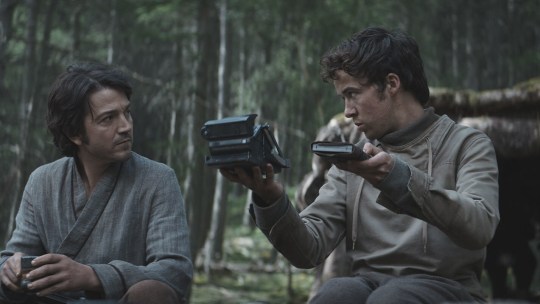
There’s layers of meaning in almost every scene and subtle moments of foreshadowing that I really enjoy - Karis Nemik muses on the role of mercenaries in a rebellion that must use every tool and weapon at its disposal, and obviously Cassian starts out as that mercenary who will be pulled into the wider struggle, but this also foreshadows the importance of Han Solo - at first only out for the promise of a reward but ultimately instrumental in bringing the Empire down. But it’s not because he’s treated as a tool - as the Empire treats its workforce as tools - but because he’s treated as worthwhile, he’s valued as a person. The Empire casts people out while the Rebellion draws them in.
We also see this in the arc on Narkina 5, and the Empire’s tightening grip backfiring against them. In order to force the prisoners to speedily produce parts for the Death Star they work in close-knit teams, creating a close camaraderie ultimately allowing them to escape - because when you turn people into cogs of a machine, the machine can be turned back against you. Contrast this to the jockeying over position and territory and power in the ISB - they serve the Empire, but never at personal cost.
We see the Republic of affiliated systems from the PT turn into an Empire of conquered planets, where local cultures are subsumed into homogeneous Imperial rule. Even Corpsec is replaced by Imperial oversight, and we know that the Senate on Coruscant will be dissolved completely in ANH. But ultimately this ferments rebellion and unites the outcast and oppressed - the Keredians on Narkina 5 hate the Empire for their prison polluting the waterways, and so let Cassian and Melchi go. Cinta’s whole family was killed by stormtroopers turning her single minded focus to destroying them. The people of Ferrix respond to Maarva’s call and riot against the Imperial forces even though it will mean violent reprisal.
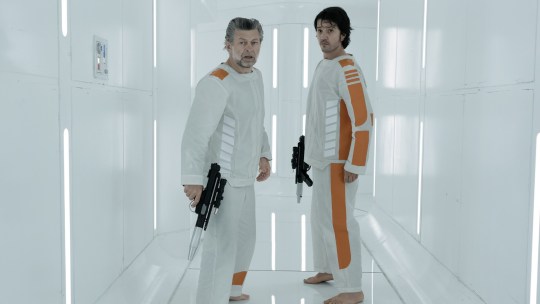
The Empire forges the weapons that will be used against them. As Nemik’s manifesto states: “The Imperial need for control is so desperate because it is so unnatural. Tyranny requires constant effort. It breaks, it leaks. Authority is brittle. Oppression is the mask of fear.”
And yet we're not there yet - it's important that this is still a Rebellion and not an Alliance, a disparate collection of segmented sedition with a myriad of agendas we see run by Saw Gerrara, Anton Kreegyr, Luthen Rael. They won't be a genuine threat to the Empire until they join forces, share resources and intelligence, and unite behind a collective goal. Although there may be sacrifices in this as well - Separatists, Partisan Front, Sectorists etc mentioned by Saw will either coalesce under the Alliance to Restore the Republic or be driven further to the fringes.
The thrust of Nemik's manifesto is that freedom is a natural state of being, while oppression is unnatural, and even though Andor has nothing to do with the Jedi it nonetheless echoes their philosophy: that the Force is in a natural state of balance, while the existence of the Sith who tap into the Dark Side upset this balance. As we see in Return of the Jedi, the balance is ultimately restored by the return to that natural state buffeted by the most powerful forces - friendship, love, sacrifice - forces that ultimately drive Cassian as well. While much has been said of the moral ambiguity and nuance of Andor, it's not incongruent with the OT, if anything it reinforces its power and message.
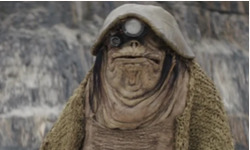
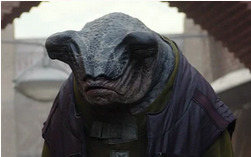
HOWEVER, I have my nits to pick - the lack of aliens is a serious flaw (and in particular, the lack of familiar aliens). In some cases they can get away with it and make subtle commentary - Coruscant is stark and grey as the centre of bureaucracy in stark contrast to the vibrant metropolis of the PT. Seeing the streets populated almost exclusively by humans where once it was a melting pot underscores the Empire’s segregationist policies. However the dearth of non-humans elsewhere - Ferrix, Aldhani, even the prison labour camp Narkina 5 - is disconcerting. These are places meant to depict the oppressive rule of the Empire and this undermines the strength of the rebellion as a group of diverse species fighting against the Imperial monoculture. It's odd, for example, that we see all the characters from Ferrix return except Vetch, the muscle employed "just to stand there" by Nurchi (a nice moment with Cassian!), and that Maarva's funeral procession seems entirely human.
Ultimately, I think the setup is much stronger than the payoff, and while I appreciate the slow burn, the show does have sometimes have difficulty juggling the plots. Once set up, characters are parked waiting to be incorporated into the narrative (it feels like we watch Syril stare at his cereal forever) and looking back not much actually happens to a lot of them- there are a lot of threads left hanging and not much resolution. Which is of course because this was only intended to be season 1 of 5, with each arc a year of Cassian’s life leading up to Rogue One. But sadly Andor has been given a second season only, leaving 12 episodes to wrap everything up, so ultimately I fear the show will feel like a slow setup and rushed conclusion, which is a real shame.
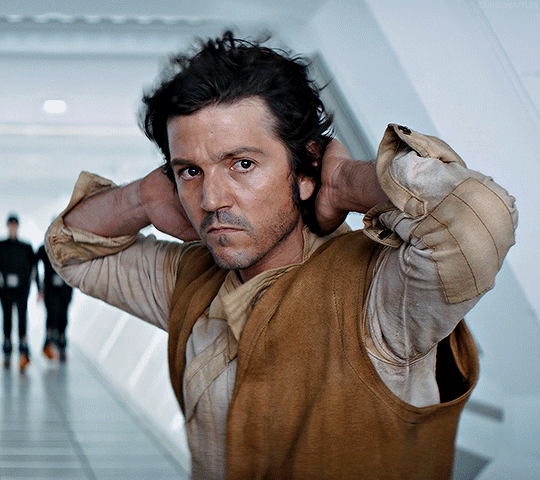
Cassian Andor
I’m went into this as someone who doesn’t really have a strong connection to Cassian as a character - I certainly liked him in Rogue One! But let’s just say he’s not my blorbo. And this not the backstory I would have expected for the character five years before Rogue One as someone who has “been in this fight since [he] was six years old.”
Diego Luna has such a charismatic presence and it is nice to have a more internal, insular character, but it’s kind of sad that Cassian is really the least developed character in a show ostensibly about him. It’s not really his story, but he’s the fulcrum (pun intended) around which most of the other characters pivot; this is a story of the rebellion of which he is just one part. So, I can see if Cassian fans may have been upset by his lack of focus, and I personally would have wanted to delve a bit deeper into Cassian Andor on a show called Andor, you know? And it does feel a little bit skeevy that the actual Axis (pun intended) of the show is Luthen in his middle age white man glory, with a whiff of Gilroy’s self-insert about him.
I do wish LFL would abandon simply naming their shows after the main character - presumably it’s for general audience recognition and algorithmic reasons, but my god how boring. If the show had been marketed as the ensemble it actually is I would take less issue with the lack of Cassian focus. But sadly I’m not sure we know that much more about Cassian at the end of the show than we did at the end of the first three episodes - or really, what it adds to his character and arc we see in Rogue One.
Yes he’s further radicalised by his experiences and is now presumably "all in" on the rebellion, but the events of the show are kicked off by Cassian searching for his sister which is a motivation that is all but dropped thereafter - although at one point I was half-expecting (dreading) it to be revealed that Luthen's assistant Kleya Marki was Kerri (and sidebar, Kleya - what a stone cold bitch! I love a stone cold bitch).
This plot will likely continue in season 2, but it felt a bit undercooked and too deep in the subtext given the prominence it had in kicking off the narrative. We get a flashback to Cassian’s childhood, but ultimately it feels like lipservice to his Indigenous heritage rather than true engagement since we don't see him reflect on it in any way, nor does it seem to have any impact on his choices throughout the series that seem primarily motivated by his life and relationships on Ferrix.
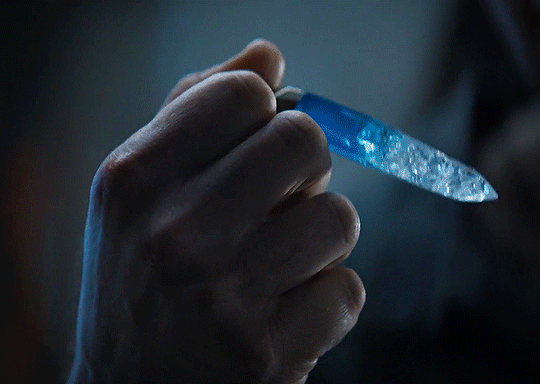
We get a strong start to Cassian and Luthen that peters out - he's intent on recruiting Cassian, but then writes him off when Cassian flees after Aldhani and wants him killed, then goes all the way to Ferrix for him, but is about to leave without actually doing anything? I know Luthen's meant to be ambiguous, but this is one area where plot is obviously driving things not character. I get that it was important for Cassian to be the one to go to Luthen at the end and choose the Rebellion unfetted, but the relationship is undercooked. I almost feel like the series is a procession of things that happen to Cassian rather than a journey I was on with him. There's external forces, but very little internal focus.
However, what I did love about the show was the thematic resonance that was happening on a macro and micro level - while the show as a whole is a mirror/reflection of the OT, we also see dichotomy in the character pairings that are mirrors and/or foils of each other in various ways - we have the two sides of the conflict being Empire and Rebellion (with Cassian stuck in the middle), and we are also shown conflict within those two sides.
Cassian is without a reflective character pairing because his true mirror is Jyn Erso, and seeing Cassian’s struggles here does give real weight to his “you’re not the only one who lost everything” speech - in many ways the show is his journey from being Jyn, to being the man who says to her “we don't all have the luxury of deciding when and where we want to care about something.”

Mon Mothma and Luthen Rael
The most obvious mirror/foil pair as the two sides of the Rebellion, although arguably we have a third prong in Saw Gerrara, and kind of a mirror in Luthen as Cassian’s mentor as Saw was Jyn’s - and I do wonder about the show that was a two-handed prequel with Cassian and Jyn growing up in different factions of the Rebellion, but alas.
The artifact Luthen gives Mon represents “a sun goddess and a serpent sharing the same mouth” representing their differing philosophical approach to fighting the Empire. As mirror characters they are alike in many ways - both of the privileged class and living double lives on Coruscant, but while Mon makes political efforts to move the needle on the Empire's activities in the Senate while also funneling money to direct but small rebel efforts, Luthen outright pokes the bear, sacrifices allies, and knowingly making things worse to swell the ranks of the rebellion on the hope it will speed up progress. There's more than a hint of the incrementalism/revolutionary dichotomy here.
It also raises a lot of interesting questions without (rightly) providing many answers - the struggle of the oppressed, the moral weight of insurgency and revolution. Is it right to intentionally provoke an oppressive power into reacting with violence in order to fuel a greater pushback against them? Is short term suffering justified if it achieves eventual victory, and is it right for the few to decide what is a justifiable sacrifice? What are our responsibilities to each other under the threat of/struggle against authoritarianism? As social commentary it's more timely than ever.
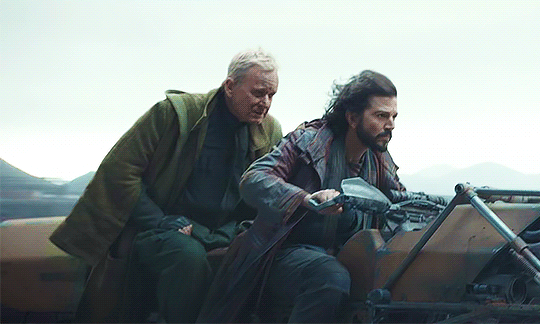
Whether Mon or Luthen is right for the viewer to decide, although as Leia tells Tarkin in ANH: "the more you tighten your grip, the more star systems will slip through your fingers." On the other hand, we know Mon survives to the end of the Empire while Luthen (I assume) will not. She will become a leading figure in the Alliance, and eventual Chancellor of the New Republic, while he will be another stone at the bottom of the pond.
This is foreshadowed in the dialogue (with a direct mirror reference):
“I’m condemned to use the tools of my enemy to defeat them. I burn my decency for someone else’s future. I burn my life, to make a sunrise that I know I’ll never see. No, the ego that started this fight will never have a mirror, or an audience, or the light of gratitude."
Arguably however, the mirror is the show - we are the audience.
We know Cassian joins Luthen at the end of season 1, and will meet Mon in season 2, so it will be interesting to see him struggle between these two philosophies, although we can infer from Rogue One that he aligns himself (out of necessity) with Luthen's veiwpoint:
"We've all done terrible things on behalf of the Rebellion. Spies, saboteurs, assassins....And every time I walked away from something I wanted to forget, I told myself it was for a cause that I believed in. A cause that was worth it. Without that, we're lost."
Ultimately, the Rebellion needs people like Luthen and Cassian to make not only the physical sacrifice, but the moral one as well (noting our first introduction to Cassian is him killing an informant so he can escape) - people who play the Empire's game so Luke can ultimately reject the Emperor's.
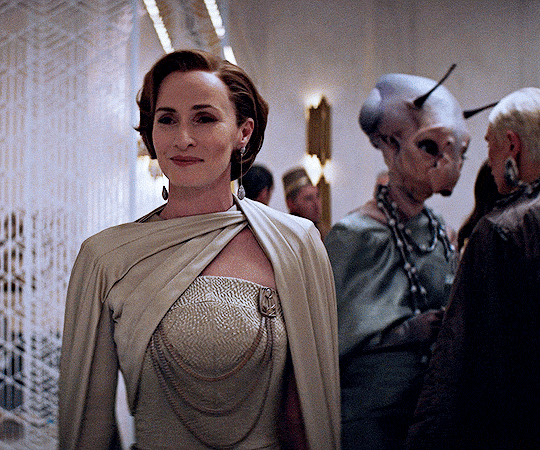
But I had mixed feelings on the Mon Mothma storyline. It feels a bit off for Luthen to be her entrée into the Rebellion, when we know she’s been on the ground from the very beginning with the Petition of the 2000 (cut from ROTS, but still canon I assume). She just felt very isolated and fragile which is at odds with her quiet steel that we see in Return of the Jedi and Rogue One. I could maybe see this Mon in the early dark days, but only 5 years before ANH? A scene with Bail Organa would not have gone amiss just to give breadth to her rebellious activities.
We get to see Luthen visit Saw Gerrara on Segra Milo, why not give Mon a scene with Bail to show she has other irons in the fire rather than relying on Luthen? In Saw we see the rough and tumble of disparate rebel factions, I would have liked to see the political machinations of Mon and Bail to serve the metaphor even further.
She is more than just a bank for the rebellion, and I think in the effort to contrast Luthen and Mon there was a bit of disservice done to the latter.
And Mon’s loser husband - ugh. Okay they’re in some kind of arranged marriage but there’s very little substance, nothing us particularly revealed about Mon by including him. Other than her cleverly using his gambling debts to deflect her rebellion spending at the end, the story wouldn’t really have changed by him not existing, and in fact would have been improved by focusing more on Mon’s difficult relationship with her daughter.
But on a purely shallow note, I want her wardrobe!
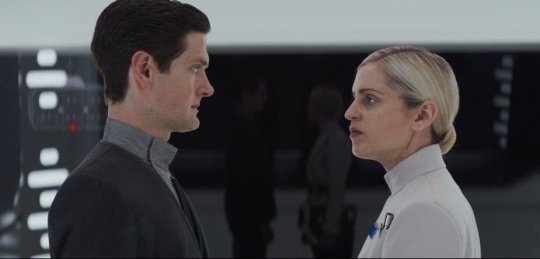
Dedra Meero and Syril Karn
In some ways Cassian and Syril are the narrative foils and there are parallels between them - their conflict instigated in the first episodes, their maternal relationships, both essentially exiles for the middle section before both end up back on Ferrix where Cassian saves Bix and Syril saves Dedra. But I feel Syril and Dedra work better as mirrors, and their arcs also parallel and intersect.
In the Empire, Dedra and Syril are two sides of the other coin (there's quite a few coins in this metaphor). Regimes need bureaucracy, and you have the true believers, the status-climbers, and those just going along to get along. In Dedra we have the talented star of the prestigious Imperial Security Bureau, and in Syril the over eager Corporate Security officer, two arms of the Empire’s control, although the latter we see becoming obsolete as the former gains more control.
But they're both middlemen who chafe against the inaction of their superiors, both desperate to rise above their station (although those stations are quite far apart). Throughout the series their plots are mostly in parallel; they are reflections of each other without even having met.
It's uncomfortable to watch both of them on screen - all unblinking stares, sucked in cheeks, and pursed lips - fittingly repellent. I’m surprised Gilroy has said he wrote Dedra to be relatable - she skeeved me out from the first, someone clearly ready to step over anyone and everyone if it served her purposes rather than someone gradually drawn further into an authoritarian regime. There's the slight subtext of sexism - there's only one other women in the ISB briefing and Pendergast alludes to it, but that certainly didn't engender any sympathy or admiration from me.
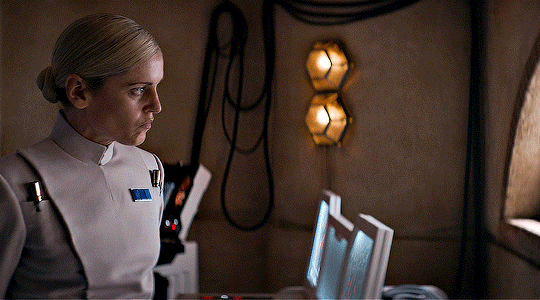
In episode 7 Syril’s mother Eedy says “Everything says something, Syril” and chastises him about tailoring his uniform (just as he did in the first episode, a neat little character tell), and immediately after we see Dedra donning her uniform perfectly in sync with the rest of the ISB. He’s trying to stand out from the crowd, she’s trying to fit in - or, from a different perspective, Syril adjusts his collar to resemble the Imperial style as a signifier of where he wants to be, while Dedra is already there and still looking higher.
But both are thinking outside the rigid Imperial lines and command structures, both on the hunt for Cassian - although for Syril it's personal and Dedra it's about climbing the ranks. Both take it upon themselves to investigate against orders, but Syril’s attempts are clumsy and random while Dedra’s are clinical and targeted.
She identifies that “systems either change or die” to push the ISB’s fragmented and bureaucratic inefficiencies into a cohesive power structure, but while it wins her approval it doesn’t earn her any loyalty; her troops abandon her to the mob on Ferrix. Inexplicably though, Syril does manage to gain the loyalty of Sergeant Mosk, who was also punished for the initial blunder on Ferrix, but ultimately draws Syril back there to in search of Cassian.
The point at which they first intersect in episode 8, Dedra is on an upswing, she holds the power and sends Syril further down, but when they meet again in episode 11, the roles are reversed as he is the one to save her from the mob.
I just hope they’re going somewhere more interesting than his creepy crush.
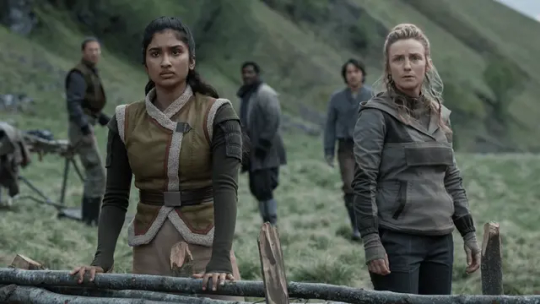
Vel Sartha and Cinta Kaz
One of the major faults of Rogue One was its Smurfette Syndrome, where Jyn is a great female character surrounded by men, but Andor has pleasingly course corrected from this. See what happens when you don’t have one woman having to embody everything and bear the weight of her entire gender in the narrative (and therefore, also bear the criticism)? Andor happily treats its women as characters, not faux-empowering meme-fodder. Although there is perhaps some valid commentary that it’s still white women on the whole - Dedra, Mon, Vel, Maarva - who get the meatier roles, and I have my issues with Mon’s characterisation, but one thing I will give Disney LFL credit for is it’s ongoing efforts towards gender parity.
In Vel and Cinta we have two more sides of insurgency - from wealth and privilege in Vel, the cousin of Mon Mothma struggling with the weight of it all, to Cinta with her cold fire and unwavering drive, her family killed by stormtroopers and for whom the struggle will always come first.
Cinta’s cool reserve is a contrast to Vel’s nerves (as seen in the Aldhani raid); they’re coming from very different places even if their cause is the same. There may even be a bit of classism in the subtext - Vel leads the mission on Aldhani after asking for the mission from Luthen, when really Cinta is the one who is most committed, and she has to push Vel though several times when she falters.
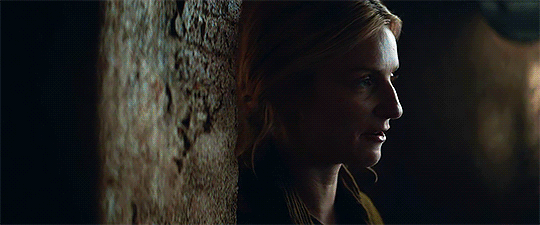
Vel still has one foot in the Imperial world and the complications of rebellious machinations - worried for Mon and her family, wanting to prove herself to Luthen, jockeying with Kleya - but for Cinta none of that matters, she loves Vel but there's often a sense she's disappointed in her. There's a dichotomy within Cinta - she's not unfeeling, showing kindness to Cassian when he joins their group, yet accepting the mission to kill him later without hesitation.
It seems to me that Cinta is the revolutionary Vel wants to be but can't quite divest herself of enough to become - the metaphor is made explicit with these two - Cinta tells Vel: “I’m a mirror. You love me because I show you what you need to see.”
Which is a pretty interesting dynamic, especially as a romantic one, and I’m interested to see where it will go (and hope that Cinta will get more focus, even though I do love Vel a lot too).
Their storyline did run out of steam by the end through, was there any point to either of these characters being on Ferrix at the end? It very much felt like all the plot lines were being forced to intersect at the climax without all of them necessarily needing to. Although Cinta stabbing that guy in the heart was pretty cathartic.
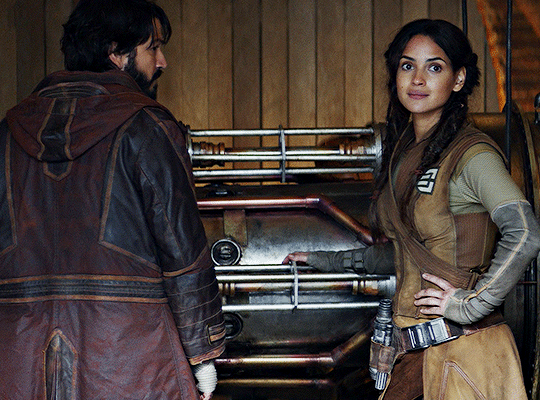
Bix Callen, Maarva Andor, and Ferrix
I loved Ferrix as a location, with its own distinct aesthetic, culture, and populace - the work gloves all hung on the wall, the metal tapping warning system, the daily hammer and anvil (the Time Grappler, according to Wookieepedia), funerary practices. etc. The first few episodes set up Cassian’s community on Ferrix which we come full circle on in the final two, but I did have some trouble keeping track of who was who at that point.
It is interesting that the trope of “just another brick in the wall” is turned on its head here - rather than representing a cog in the machine, in Ferrix ashes of the deceased are mixed with brick and added to a wall in remembrance - a literal touchstone for Cassian as he remembers his adoptive father Clem. A wall is strong, a bulwark against outside forces, and every brick added makes it stronger. Stones dropped in a pond, bricks built into a wall - reminders of the dead that spur the will to fight.
I do love the relationship between Maarva and Cassian, especially in a franchise that has never really had an interest in mothers and sons. And we have another mirror in the overcritical and cold relationship between Syril and Eedy as the inverse of Cassian’s complicated but loving one with Maarva - contrast the reception Syril gets when he returns home to the one Cassian gets from Maarva, as ultimately Eedy's pointed disappointment is sharp where Maarva's is borne from love and concern for Cassian.
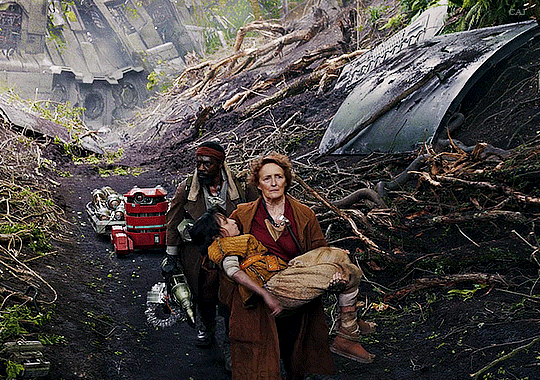
But again there’s a disconnect with the history we’re shown - Maarva and Clem kidnap/save Kassa from Kenari but we don’t really get any sense of how Cassian feels about it or the connection he has to his heritage/childhood. I’m not saying I need everything spelled out, but sometimes I feel the show does err too much on the side of subtext, and as a result we don’t delve as deep into some of the relationships as we could have. Even her final message to Cassian - that she loves him more than anything he could ever do wrong - is a beautiful sentiment, but is it earned? He hasn't really done anything wrong, arguably she did wrong by him by taking him from Kenari but it's never even mentioned, it doesn’t even seem to be a factor in their relationship as adults.
On the other hand, I didn’t mind the treatment of the post-romantic relationship between Cassian and Bix - there’s a sense of history there but it didn’t need to be explored further. Bix's involvement in the Rebellion is interesting though, it's implied she was recruited by Kleya through the black market but are her motives purely profit or does she have rebellious fervor? Luthen knows of Cassian through Bix - did she see him as a candidate for the Rebellion or just another person from whom Luthen could obtain tech? What piqued Luthen's interest from what Bix said about him?
I don't think all these questions need answers, but it is unfortunate that she does get a bit Damseled, spending most of the runtime threatened, captured, and then tortured. On the other hand, there's less to criticise in employing that trope when it's not the only one at work and the breadth of female characters on the show.
I do wonder if we will see Bix, Brasso, and B2EMO again though, or if they’re a part of Cassian’s past he had to leave behind to fully commit himself to the Rebellion.
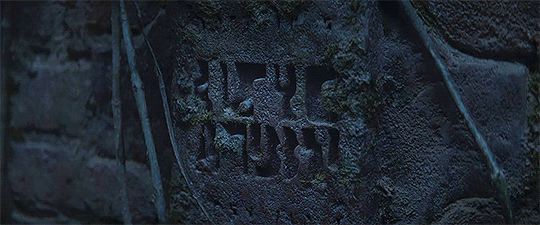
On nostalgia, fanservice, and the state of the Star Wars universe
A tangent into my frustrations with the sequel trilogy, skip if you’re allergic to salt.
Andor has been lauded for its lack of fanservice, although I’d actually argue it’s a show that (perhaps despite Gilroy's intention) is rooted in nostalgia. Well, perhaps not nostalgia per se, but it’s a show that relies on the audience’s knowledge and affection of Rogue One and the Original Trilogy, and it’s successful because it manages to feel authentic and fulfilling rather than ham-fisted and overly meta - a story set in the Star Wars universe, not about the Star Wars universe.
I know Gilroy intended this to be able to stand alone, but would the story have the same resonance if we weren't aware where Cassian's path leads, that the efforts and actions of Mon and Luthern, Vel and Cinta, Nemik, Bix and Kleya, are ultimately justified? Perhaps it would work in a generic sci-fi setting rather than the GFFA, but would we feel as much watching it? Personally, I think not.
Because nostalgia isn’t inherently bad. It’s a vital part of how we consume media - the stories that resonate with us in childhood will continue to resonate in adulthood because they are foundational, it's a shortcut to that incredible feeling of discovering something new that's nonetheless something very old. It's partly why Star Wars was such a success in the first place - a mix of myth and fairy tale, matinee serial and Kurosawa - a familiar story told in a new way. And like in Hadestown, "we're gonna sing it again and again."
The problem with nostalgia is when it’s empty; window dressing intended to evoke that feeling but without any substance behind it, so it feels cheap and unsatisfying. Andor doesn’t completely escape from this (blue milk, mouse droid), but most inclusions feel organic.
Sometimes I think we go to far decrying fanservice, and of course it's subjective - as I like to say, everyone hates it until they’re the fan being serviced. But there is criticism, and then there's dismissing any references to existing material as mere "fanservice" and therefore contemptible. For example, I’ve seen the treatment of Luke, Han, and Leia in the sequel trilogy defended because to actually have them interact at all would be “silly fanservice” rather than natural because, you know, they’re family.
The difference, for me, is does inclusion of a known character/object/trope/line of dialogue serve the character and/or story, or is it Leo DiCaprio pointing meme, designed for “hey it’s the thing” nostalgia and YouTube compilations with no substance behind it? Ultimately, is the inclusion Watsonian or Doylist - and if the latter, what of the former justifies it.
Mon Mothma or Saw Gerrara in Andor doesn’t feel like fanservice even though they’re existing characters, because it makes sense to include them in a story about the Rebellion’s beginning and they had a part to play in Rogue One, to which Andor is ostensibly a prequel. Conversely Leia and Vader’s inclusion in Obi-Wan Kenobi (even if I did enjoy them both) tip over in the side of fanservice because they really have no place in Obi-Wan’s story at that point and require fanwanking around their dialogue in ANH (and to be fair, Lucas was guilty of this as well). I don’t need to see random object or minor character no 6 from the PT/OT/Clone Wars, iconic catch phrase shoved where it doesn’t make sense, or obscure Legends reference divorced from context, just tell me a good story! Give me characters to care about! Make me feel something! Andor did that, where much of the other Disney Star Wars content has not.
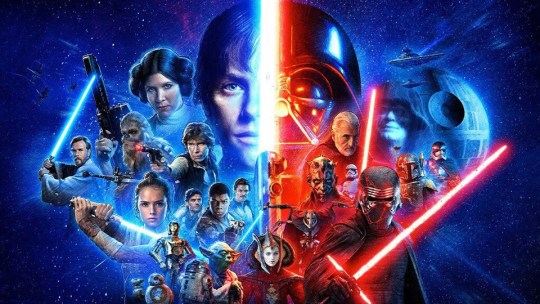
This is my fundamental, and possibly at this point, irreconcilable, issue. Disney wanted to get away from Lucas-associated Star Wars as quickly as possible, replacing every character, planet, and theme with their own wholly Disney counterpart, killing off Han, Luke, and Leia so the old and classic couldn’t distract from the shiny and new, tearing down the conclusion of the original trilogy only to try and tell the exact same story (just not as well). They did it so quickly and so shoddily that many were understandably unsatisfied, leaving Disney to frantically course correct, going back to the well and shoving nostalgia bait into every conceivable project even (especially) if it had no place.
If they’d actually had any sort of plan for the sequel trilogy, if they’d made their focus to conclude the Skywalker Saga in a way that even approached emotional resonance, imo the vast majority of the audience would be happy to move on and embrace the next chapter - new characters, new stories. But people can’t move on from the characters they love because the treatment of those characters and the post-ROTJ timeline was so unsatisfying. Luke wouldn’t have needed to show up in The Mandolorian to try and placate the fans if treatment of the character in the ST hasn’t been so abysmal.
So LFL have been stuck in this weird ancillary storytelling space, where every project seemingly needs to be adjacent to the Skywalker Saga but not actually engaging with the Saga direct - Han has a prequel film no one asked for, Rey is a Skywalker for name recognition only, Luke pops up in pointless cameos but isn’t there when he arguably should be (just recast the damn role already!), we get young Leia in a story where she has no place rather than in one she does, who knows what’s going on with the whole Ashoka/Thrawn/Heir to the Empire stuff, Boba Fett is There with a parade of Hey it’s that character/ship/thing with no contribution to the actual storytelling.
What does this have to do with Andor? Well, Andor is perhaps the only quality tv product of the Disney era, which is fitting since Rogue One is imo the only quality film of the Disney era (TFA being retroactively diminished by what came after). Andor is the type of story Star Wars should be telling - expanding the universe, using known elements and characters where it makes sense to do so, not a collection of ideas on a whiteboard thrown in front of an LED screenstage and a bunch of meaningless easter eggs.
To be fair, this does seem what they are attempting to do with The Acolyte (which I am actually enjoying!) but the planned Rey-focused post-ST film…eh. Admittedly I never bothered to watch Rise of Skywalker, but where can the story possibly go? Is there any investment at all after the mess that was the sequel trilogy? I can’t see how the narrative can possibly be redeemed at this point, which is a shame because I do believe it started with a lot of promise in The Force Awakens that was squandered by a lack of vision, planning, and oversight, and the bizarre need to brutalise and kill off the legacy characters, marginalise the genuinely original and interesting new characters, and waste the immense acting talent they had at their disposal.
They’ve made no meaningful in-universe progress after the ST, the New Republic and Jedi have to be rebuilt again, except Rey is going to do it this time somehow, so what what the point of the last 30 years in the timeline? It’s different with Andor - we know where his story ends, but the series only makes Cassian’s sacrifice stronger, there’s emotional resonance in seeing his journey to Rogue One in knowing that it’s in service of the overall victory of the Rebellion (however undermined that victory is made by the ST).
But I digress. This rant really ended up being kind of off topic - apologies.
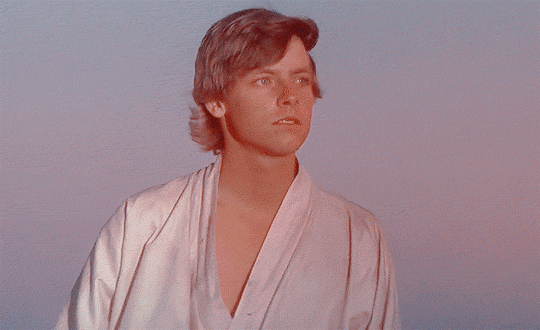
Anyway. Andor is good! I liked it! Looking forward to season 2!
#this turned into a dissertation lol#star wars andor#andor series#star wars#cassian andor#mon mothma#luthen rael#syril karn#dedra meero#vel sartha#cinta kaz#long post#meta#jlf posts#jlf watches#jlf watches andor
23 notes
·
View notes
Text
i was reading song of silver, flame like night by amelie wen zhao over the weekend, and there's a line in it that i have been chewing like gum ever since.
here was the trick to surviving in a colonized land: you couldn't show that you cared. every [person] you came across would have his share of sob stories: family slaughtered in the conquest, home pillaged or plundered, or worse. to care was to allow a chink in the armor of survival. [...] in a conquered land, the only way to win was to survive.
i think this has been haunting me because i keep thinking of this, this language, this dagger-sharp cut of reality, in terms of star wars. because i always think of star wars. and i think about kassa, and jyn, and how they both refused to look up. simply living under the empire is enough of a fight. they cannot afford to make the moral choice. they want to live, and living is enough; living when the empire wants them dead, when the republic tried to kill them as children, is enough for them in those moments.
for so long all they can do, all they can dream of, is living. they can't afford to have sympathy for others even when it continues to creep in, because they are fundamentally good people trying to survive under the massive, titanium weight of empire. that means that they cannot afford to have morals the way that the rebellion demands. the people around them (and many of the viewers!) don't seem to understand this, and that's partly why cassian has been so woobified since andor came out. (which is something that annoys the living shit out of me, because it fundamentally disrespects cassian's existance as a refugee in hiding, a victim of empire and colonization. but that's another post.) you cannot afford morality under empire, because it will fucking kill you. they both know this.
which is why their choices in rogue one break my heart and uplift my soul all at once. because they know they're going to die. but they choose morality over survival, because it means more to them to die doing the right thing, than to continue to live under a system that denigrates their existences. they've walked with death since they were tiny babies, and in the end, they choose death, because morals cannot survive under imperialism. and that's why their choice is so powerful.
under empire, having morals, caring for the world around you, might kill you. but it is the greatest sacrifice you can possibly make in a society that tries to eliminate morality.
#thinky thoughts#andor#cassian andor#jyn erso#rebelcaptain#tagging as rebelcaptain even though it's not a shippy post b/c i don't think either of them would have made this choice without each other#they came together and made that choice#rebellions are built on hope for a better world#and if you survive one#you're the luckiest son of a bitch in the galaxy#rogue one#imperialism#empire#meta#star wars meta
88 notes
·
View notes
Text
Well then. Buckle up, folks, I went down a design rabbit hole. Somewhat inspired by the eternal question of "How do illyrian's wear shirts?" Which, honestly, has a much easier answer that what I came up with. Like a couple extra buttons would have done the trick, but where's the fun in that? I decided to add some flair on it, and by that, i mean a good chunk of a cultural fashion system. Everybody say thank you to Cassian for modelling.
So, starting off with the base layers and underwear, we've got a loincloth and a contraption that I've been calling the under harness, which was my answer to their funky double shoulders. Most other things I could think of ran into the problem that wind is a little thieving bastard and bc of the shape of their wings, form fitting garments like flying leathers can't easily pass under them, so they needed additional attachment points, hence the harness. Basically every single upper body garment I've created connects to this harness, keeping everything completely secure during flight. The only other thing to really note here are the two piercings around the wing's main knuckle. This shouldn't actually impede flying, according to the damage that real bats can fly with. These are both achor points for light weight armor, and also decoration. In the next image, we got the basic fabric base layer. Not much to say about the pants, they're pants. The shirt is more interesting. So it comes in two pieces, the front and back are entirely seperate pieces of fabric, both suspended from the under harness. The edges of the front piece are stiffened with steel boning or hardened leather, to help the garment keep it's form fitted shape. The back piece is a long strip of red fabric which I imagined to hold some sort of meaning as a highly stylized "bloodline." They could have been highly embroided with sigils, or family trees or something. Cassian's is blank for obvious reasons.
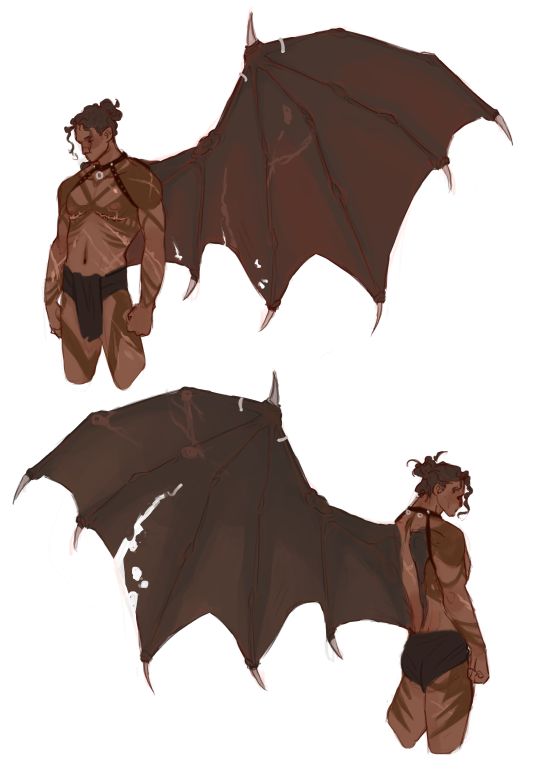
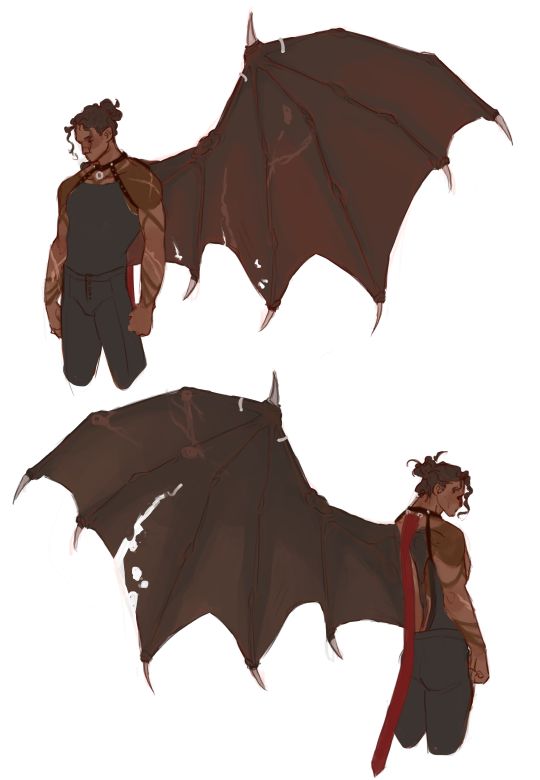
Next up, flying leathers and armor. I don't honestly have much to say about these, they're pretty well described in the books and the only thing i had to add was the armor around the knuckle claw. It seems crazy to me that these people wouldn't have figured out how to use their wings as deadly weapons so, a bit of hardened leather, some metal spikes if ur feeing extra spicy, and there, two extra striking weapons.
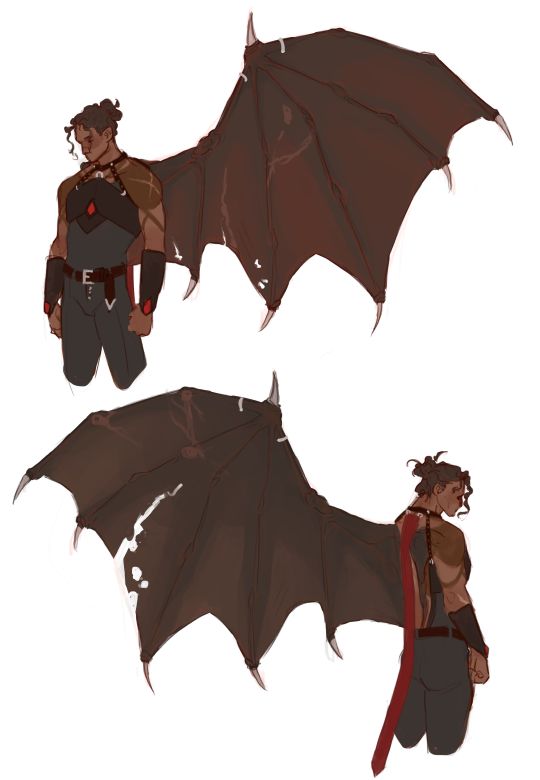
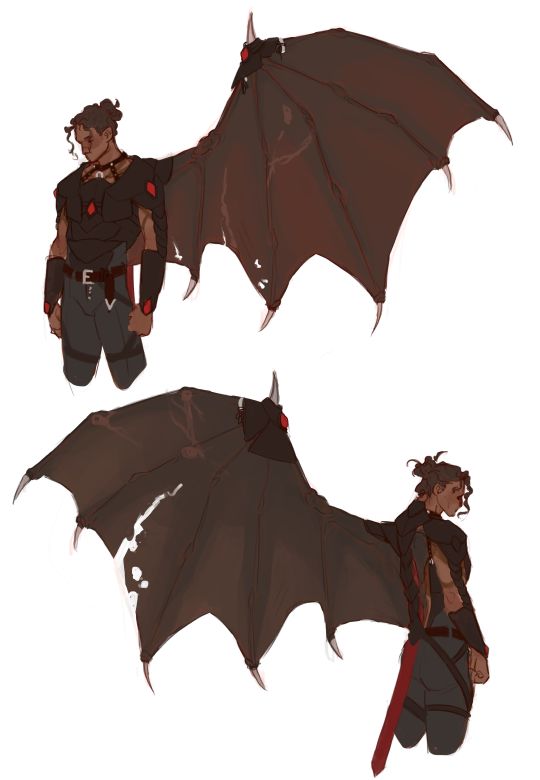
And now my favorite part, warmer clothes. I think this is where we'd really get to see illyrian fibercraft shine. Ombre dying, tassles, lace netting, embroidery, all of that. This is where they get to peacock about and be all bright and colourful. The cloak is made up of five long sections of fabric, two fall down the chest, two behind the shoulders but in front of the wings, and on wide one down the back. It can be worn loose or with the front most pieces of fabring tied underneath the wings for extra security during flight.
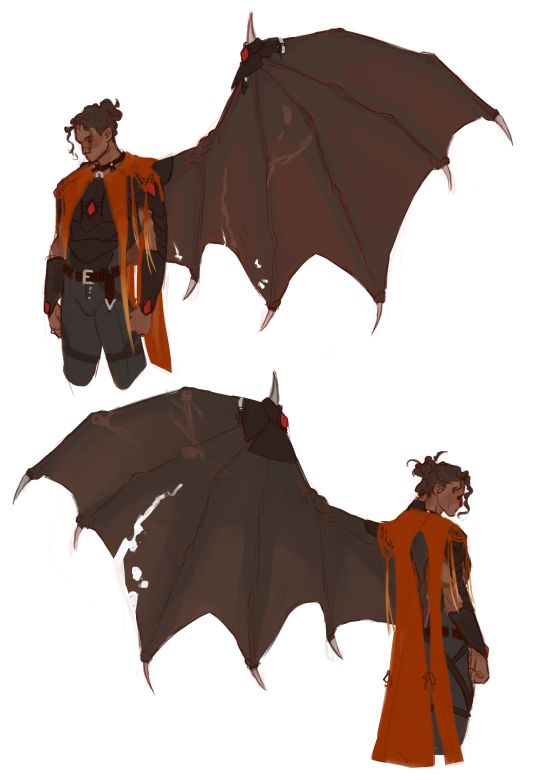
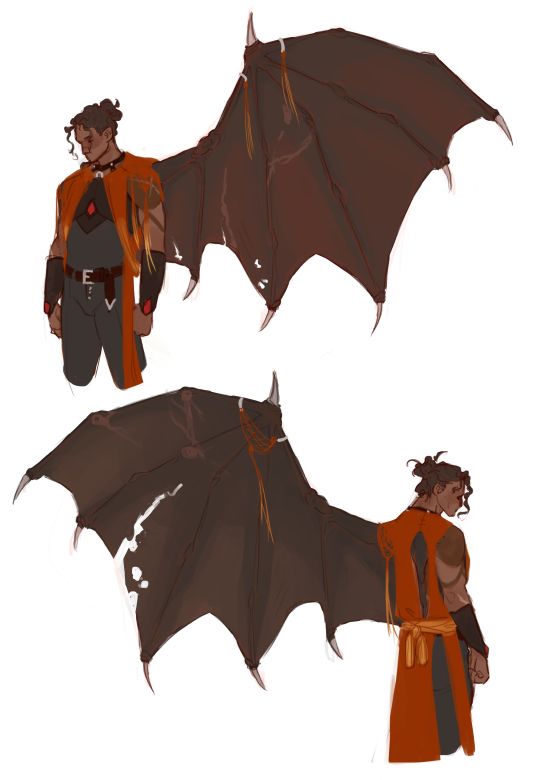
The mantle is the last bit I've developped, and it's just as decorated and fancy as the cloak, and sometimes even more so. It's a short cloak like garment that's worn over the shoulder and has open sleeves for both arms and wings. It's often fur linned and could be quilted for exra warmth. It could be worn with or without a cloak but usually they're worn together.
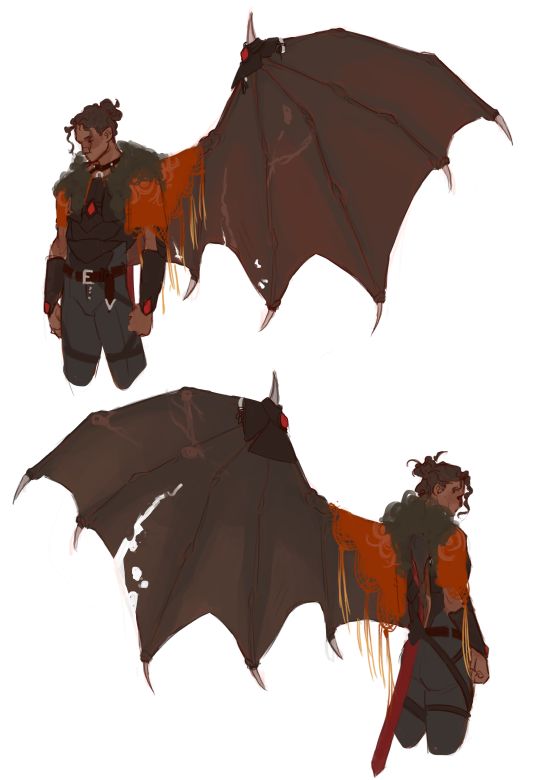
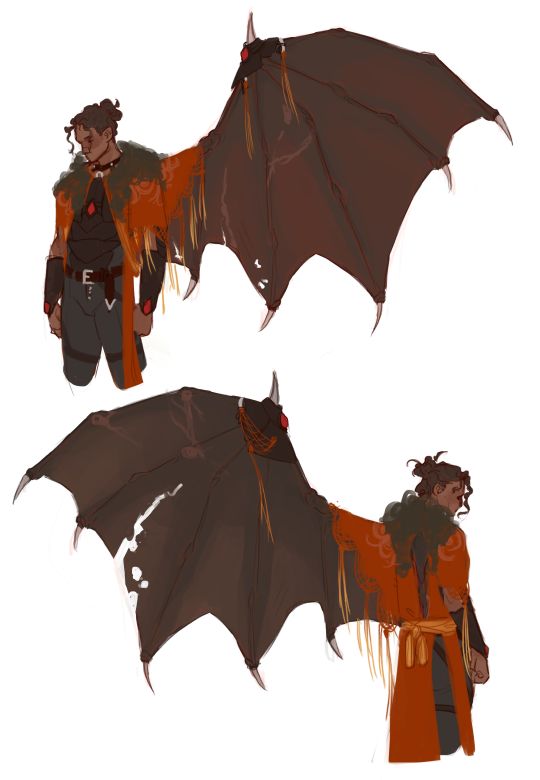
anyway, I have so many thoughts about the illyrian culture, bc what Sarah gave us ... doesn't really make much sense, and also makes me feel extremely icky. I'd much rather close my eyes and imagine a world where they aren't treated as a one dimentional culture that has done nothing but make it's members lives miserable.
#cassian#Illyrian#acotar#acotar meta#acotar fanart#illyrian culture#clothing design#goddamn are wings a bitch to design around let me tell you
164 notes
·
View notes
Note
Which Star Wars character do YOU think would make the best Gundam pilot?
Oh if it isn’t the consequences of my own actions.
I’ve got quite a few ideas and characters in mind, but I think that the most interesting would be Cassian Andor. Largely because Andor is basically a Star Wars show with the standard tone of a Gundam anyway and because his arc parallels Amuro in particular.
#my other picks would be Ezra largely because of the dame reasons you chose Luke#and Sabine because I think that she deserves to have a mech in canon anyway#mobile suit gundam#star wars#cassian andor#me rambles#meta
8 notes
·
View notes
Text
a few days before cassian met tivik in the rings of kafrene, he had to rush from corulag after getting some ambiguous information from him
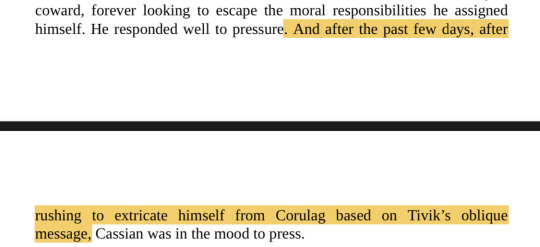
tivik is the one who went to jedha and got the info about bodhi, the death star and galen’s involvement. cassian already knew his name and the whole thing is called a puzzle. a puzzle that the rebel alliance was trying to finish for a while
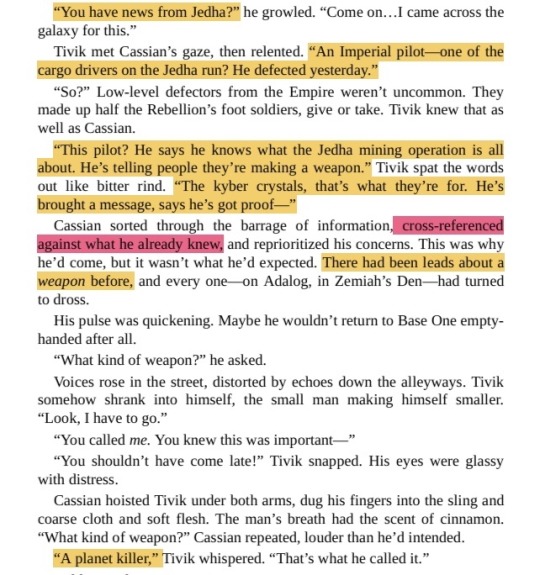
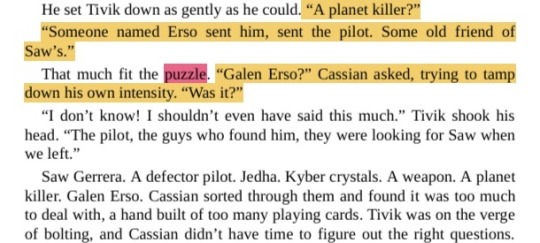
the alliance was gathering intelligence on this topic for we don’t know how long (but these things take time), but some pieces were missing. they were found in the beginning of rogue one, with tivik, bodhi and jyn.
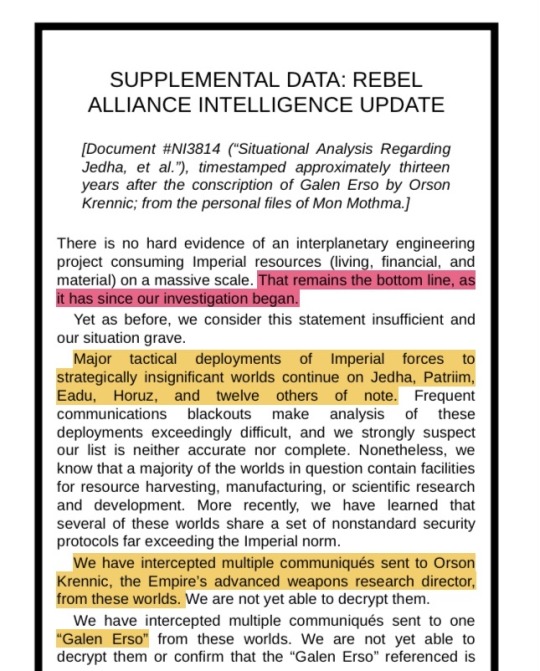
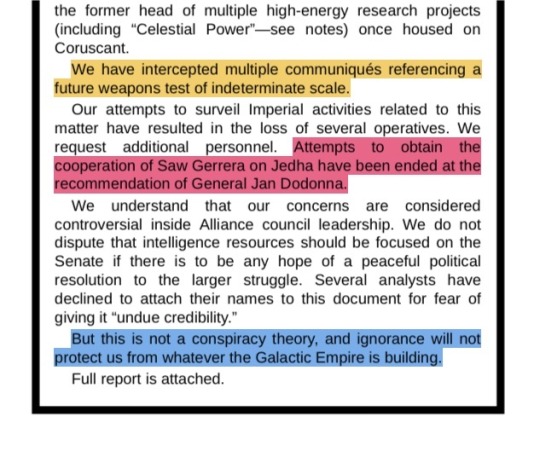
oh… and remember that I mentioned corulag? there’s someone who might have been the key to get the vital information about all this and was arrested in this same planet just months before
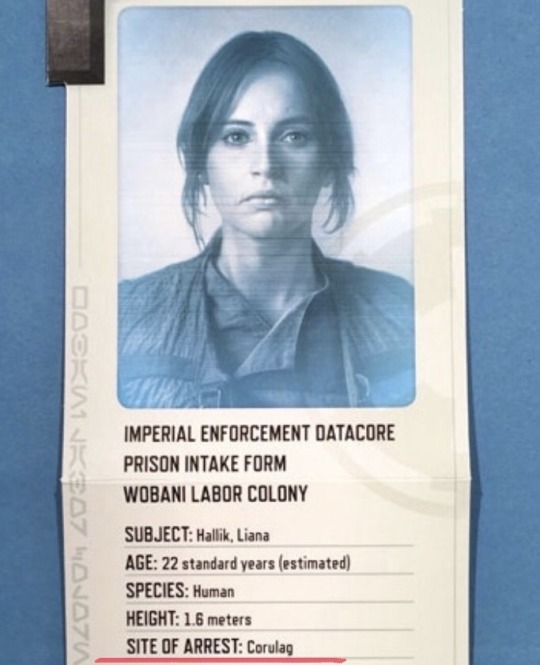
#the last arc should be all about the death star investigations#the strings are all there#btw the sources are the rogue one novel and the book the rebel files#and I know how little the live action writers care about the books lol#but man… if they simply ignore it all it’s gonna be so messy 💀#meta#cassian andor#bodhi rook#jyn erso#tivik#rogue one#andor
79 notes
·
View notes
Text
Sharing dreams with ghosts

I’m making myself sad again by thinking of Ferrix, and specifically the cultural significance of its funerary rituals. Maarva referring to her older sister (she was six at her first funeral, the same age that Cassian becomes part of “the fight”) holding her hand. Wanting to be “lifted” by the dead, by being inspired by a self-eulogy. “Eulogy”… literally stemming from “good words” - but Maarva using her own self-deprecatingly, rueing that she didn’t start to fight back earlier.

Then you’ve got the question of Clem Andor and Salman Paak. Both executed by the Empire. Did they get funerals? At all? Or were they refused one… bricks straight to the wall instead? Does Wilmon ever get to caress and reminisce over his father’s brick as Cassian does with Clem’s ? The cruelty of this is appalling. The denial of a mourning ritual on Ferrix would be as bad as anything on Aldhani.

^ Cassian visits Clem’s brick
Bix is an orphan according to Gilroy but we know her father was alive in her living memory. When she hears the funeral music, she cries. But it also starts her healing process… and some part of her knows that, as she has literally dragged herself up to the window to listen. The catharsis of sadness and release allows her to start to claw back her identity. Maarva was like a mother to her too. I do wonder when she properly realises Maarva has died, but telling Cassian “Maarva was here!” and his response of “Wasn’t she great?” is one of the most heart-rending moments in the finale.

Then you have the other implied losses. Wilmon’s mother. Maarva’s sister. There are a few older people on the streets in episode 12, but you can realistically guess that Ferrix’s life expectancy figures are not great. Even before Imperial oppression, life is tough there.
The whole story is heading towards death… those who will die in Season 2, those who will die in Rogue One… those billions who will die on Alderaan and throughout the war against Imperial tyranny.
Yet the story still manages to be uplifting.
Dedra attempted to control and restrict the funeral. Tigo attempted to interrupt it.
The result? Ferrix woke up. Death brought it to life. The finale features Clem, Nemik and Maarva speaking, as it were, from beyond the grave. Ghosts shared their dreams with the living.
Luthen sees the consequences. The fight for freedom is on.


#andor#meta#cassian andor#bix caleen#maarva andor#luthen rael#clem andor#wilmon paak#Salman Paak#death ritual#ferrix#music heals#star wars andor#rogue one
35 notes
·
View notes
Photo

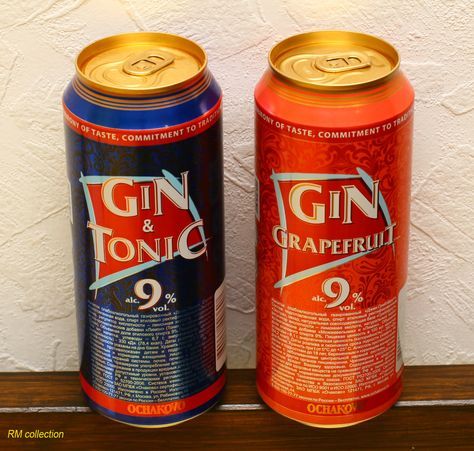

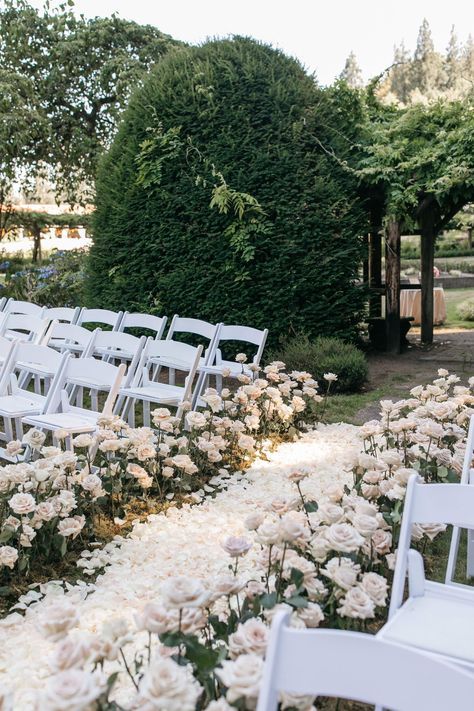

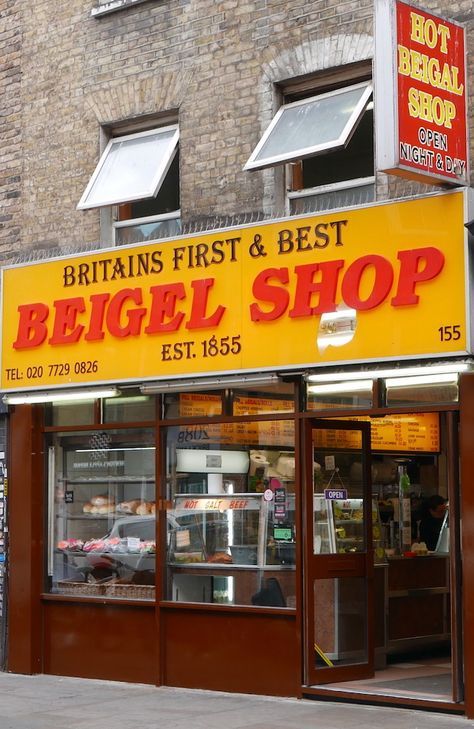
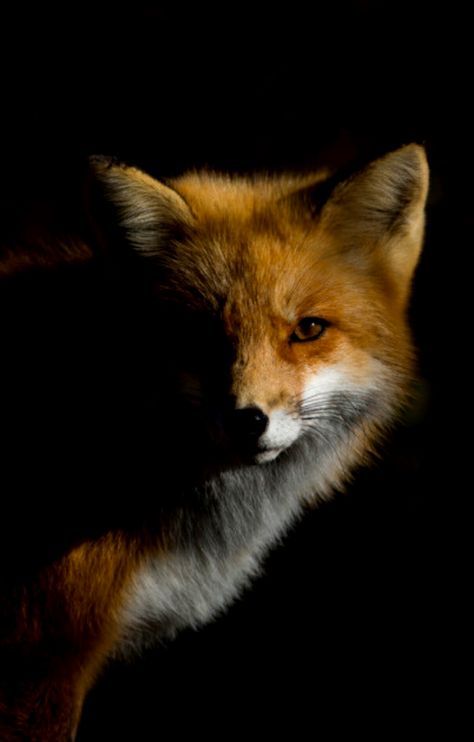


the vaguely fleabag-inspired awkward jewish dramedy of my dreams au
Well, Jyn may have had a list of methods to ruin her estranged father’s second marriage, but punching her boss’s shmuck of a husband during the rehearsal dinner sure wasn’t one of them.
And neither was shagging the rabbi.
#you think this is a romance au but actually what it's about is jyn starting to process her grief over saw in a communal fashion by showing#up to make minyan for the kaddish. that's what it's about.#jyn erso#cassian andor#rebelcaptain#jyn thirty seconds into her dad's rehearsal dinner *uh i have to go to the bathroom* flash forward to facebook stalking RABBI ANDOR#MARRIED??????#look i was trying to write some canonverse stuff that got dark as fuck immediately so enjoy some jewish content where everyone doesn't die#immediately#but unironically it got into some super meta territory for me that's super interesting in regards to like.. the difficulties and#complexities of FORMING and PRESERVING jewish community in the present when it always feels like a fight. always is a form of rebellion#really. jyn's a secular ashkenazi jew who doesn't want much to do with the /structures/ of community#.... understandably so with so many things about uh the conservatism of many aspects of british orthodoxy and their impact in the uk ....#and cassian's like not all of us have the priviledge of that really. sometimes you have to form new communities and it's hard#ask questions and it's hard. work actively to reform sephardi community here within these structures we've inherited#ANYWAY the other thing that happens is that jyn punches perrin just like so so hard. so hard#rebelcaptain au
86 notes
·
View notes